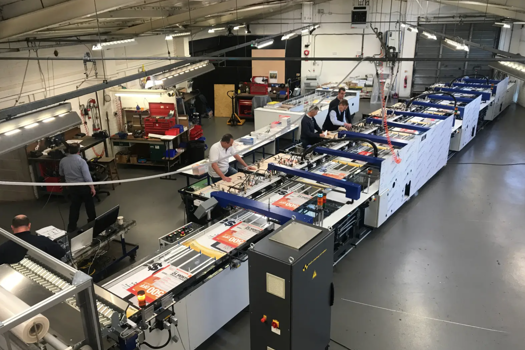The PLC’s Circular Design Metrics tool uses eight different indicators and allows clients to compare how different types of packaging design perform in terms of the circular economy.
The eight metrics are: recyclability, planet safe, material use, renewable source, recycled content, carbon footprint, designed for reuse, and supply chain optimised.
Last year the group teamed with the Ellen MacArthur Foundation as a strategic partner, and established its Circular Design Principles for packaging. It has now trained up its 700 packaging designers to apply the know-how to help customers design packaging with circularity in mind.
DS Smith packaging CEO Stefano Rossi described the Circular Design Metrics tool as “a game changer” in terms of driving environmental performance.
“We want to show brands the beauty of the circular economy and allow them to explicitly understand what their packaging choices mean for that model. We’re excited to use our expertise to help companies, large and small, on their journey to become circular ready.”
DS Smith is aiming to develop packaging options that are 100% reusable or recyclable “offering alternatives to problem plastics”.
Joe Iles, circular design lead at the Ellen MacArthur Foundation, said DS Smith was in a position to help drive rapid changes through its design expertise and relationships with global brands. “And what’s more, the company will also inspire many other businesses and designers worldwide,” he said.
DS Smith will announce its year-end results next month. In the 2019/20 financial year ending 30 April 2020 the group sold around 8.6bn square metres of corrugated board, produced 4.3m tonnes of corrugated case material, and managed around 6m tonnes of fibre via its recycling operation.
In his report at the time, CEO Miles Roberts said the group had identified opportunities to replace 1.5m tonnes of plastic a year from “just five areas within supermarkets across Europe”.
“Our designers have developed over 650 designs focused specifically on plastic replacement and are now available to our customers, with over 50 per cent of these designs used to support our retail customers,” Roberts stated, and said DS Smith’s commitment to innovation and circular design had created short-term opportunities but had also put the business in a good position to “capitalise on changing consumer behaviours towards packaging and the evolving policy landscape”.










